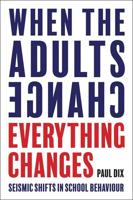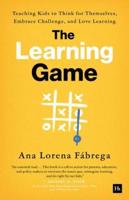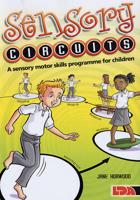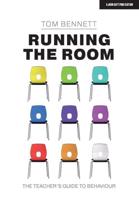Publisher's Synopsis
Do you facilitate a virtual learning community? Would you like to learn strategies and moves that ensure your participants have a valuable and meaningful experience? Protocols have been used in education circles for over 30 years to enhance both teacher and student learning. They provide a structure to have conversations around texts, student work, teacher work, dilemmas, equity, and community. Current tools like Zoom, Google Meets, and Microsoft Teams allow learning communities to easily meet online. However, it is important to create a culture of community, keep participants engaged, and facilitate group learning in these virtual environments. This book explores these topics, highlighting the voices of facilitators from around the United States who are doing this work in a variety of settings, including K-12, universities, and state agencies. In addition, readers will find more than 30 different protocols that have been modified specifically so they can be used in a virtual learning community setting.
Book Features:
- Brings together in one place virtual learning communities, facilitation strategies, and the use of protocols in today's synchronous, video-based environments.
- Explores the differences between facilitating learning communities online and facilitating them face-to-face.
- Offers a variety of facilitation moves and choices that one should consider when leading a virtual learning community.
- Builds on the work of The Facilitator's Book of Questions, The Power of Protocols, and Going Online with Protocols.








